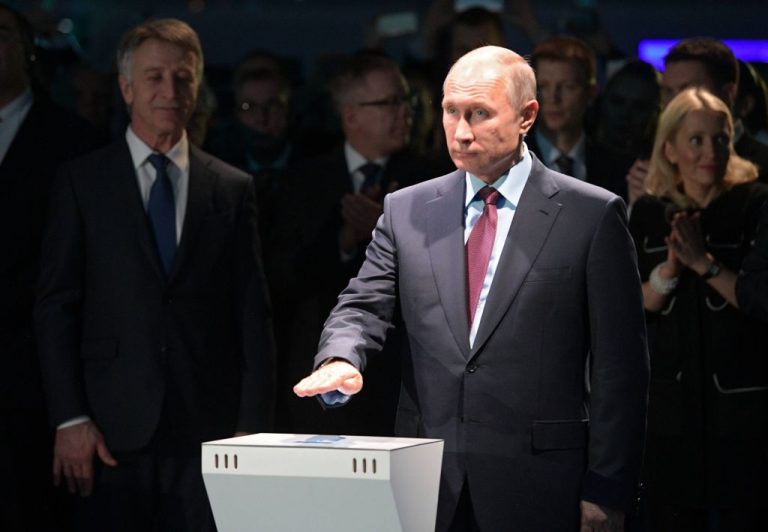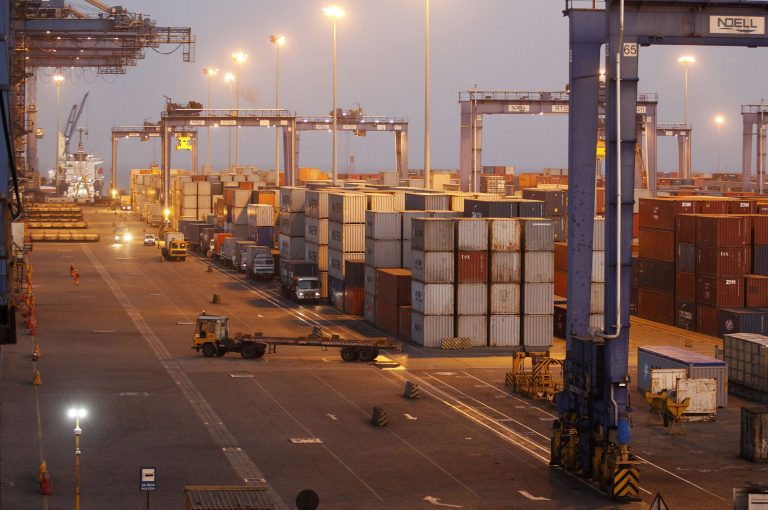News Analysis
Chinese Communist Party leader Xi Jinping may play something of a black swan of his own, attacking Russian territory instead of Taiwan, western media claims in the wake of Xi’s appointment to a third term as President of the People’s Republic of China.
The notion, while arguably spurious, comes not from a fringe YouTube analysis or musings of the Twitterotti China watchers, but instead from establishment media heavyweight Forbes in an Oct. 24 article coined With Moscow Distracted, Xi Jinping Could Turn China’s Gaze To Russia.
Author Craig Hooper posits that although the Party has upped rhetoric about invading Taiwan in the wake of Xi’s coronation, going so far as to write a rejection of the island’s independence into the Party’s charter, that “the threat is overstated.”
MORE ON THE RUSSIA-CHINA-NATO GEOPOLITICAL RISK
- Why Hu Jintao Probably Wasn’t Purged at the 20th Party Congress
- Indie Journalists Offered Cash to Push Anti-Russia Rhetoric
- US Military Industrial Complex Grants Zelensky an Audience, Foreshadowing Escalation of War With Russia
“The real territorial temptation for China might be to the North,” Hooper explains.
Success
You are now signed up for our newsletter
Success
Check your email to complete sign up
“In the Russian Far East, where hundreds of thousands of ethnically Chinese Russian citizens, trapped in a substantially weakened and hollow dictatorship, could potentially be enticed to reconsider their options.”
The contributor continues, “While there’s no way to know what Xi is thinking, China’s long-established pattern of behavior suggests that, as Russia redirects border security units to a grinding conflict in Ukraine, it is worth considering if China might be mulling expansionist contingencies to the north, along the sprawling and sparsely held 2,615 mile Russian frontier.”
In making the argument, Hooper reveals that the sentiment is far from novel or emerging in the sphere of western messaging outlets.
Forbes cites a 2015 article by The New York Times titled Why China Will Reclaim Siberia and an April of 2022 opinion piece by The Hill titled China’s Long Game With Russia, both of which provide meaningful context around a love triangle with potentially sharp edges between NATO, the CCP, and the Russian Federation, to support its thesis.
The NYT stated in 2015 that the prospect of winning Siberia was tantalizing for the Party, already ruled by Xi since 2013, because, “The vast expanses of Siberia would provide not just room for China’s huddled masses, now squeezed into the coastal half of their country by the mountains and deserts of western China.”
It added, “The land is already providing China, ‘the factory of the world,’ with much of its raw materials, especially oil, gas and timber. Increasingly, Chinese-owned factories in Siberia churn out finished goods, as if the region already were a part of the Middle Kingdom’s economy.”
The Hill’s piece, published shortly after the invasion of Ukraine commenced, was comparatively hawkish and got directly to the point, “The alliance between Russia and China is a major concern to the countries trying to support Ukraine.”
Author Richard Holwill lamented, “President Biden tried to break that bond in a two-hour call with Chinese President Xi Jinping but without success. The Europeans also tried, but China’s response did not change.”
The colorings Holwill employed were something of an admission that the belief that Ukraine’s provocations towards its Eastern neighbor over the years were really the country serving as a NATO proxy was far from just propaganda spread by “Russian bots” on the Internet.
“Xi quoted a Chinese aphorism to Biden that echoed the Russian view that NATO caused the problem: ‘Let he who tied the bell on the tiger’s neck take it off.’ That answer also implies that China has no real interest in this conflict, but it doesn’t explain China’s perception of the situation,” Holwell wrote.
As the piece pointed out that something of a soft alliance between Beijing and Moscow had strengthened considerably in the wake of massive sanctions against Russia by the NATO-led globalist bloc, Holwell theorized, “It is also quite possible that the Chinese are nurturing a longer-term opportunity by staying close to the Russians through this crisis.”
“The Chinese fully understand that when Putin’s war in Ukraine is over, Russia will be weakened, isolated and desperate. At that point, Putin could be motivated to lease or even sell large parts of the RFE to China.”
Holwell concluded his piece by stating, “Given China’s view that it is entitled to all of the territory, both land and sea, that it once controlled, Xi may not feel the need to pay for access to these territories.”
“He could go so far as to demand that Russia cede control of parts of this region to China. It remains to be seen whether, when this war is over, China will be there to prop up Putin or to pick Russia’s bones.”
Forbes appears to be rather serious about its assertion.
In a subsection of the article titled The Time Is Right, Hooper tells readers that Putin has all but been formally defeated by NATO’s proxy war strategies, “With Russia’s military reputation in tatters, and the Russian Army reduced to begging for supplies from Iran and a motley band of ex-Soviet states, there is little left in the conventional Russian arsenal to deter Chinese military aggression.”
Hooper even imparts some military stratagem for Xi and the “People’s Liberation Army” he commands, “By deft application of Grey Zone provocations, along with a savvy exploitation of negative global sentiment towards the Putin Regime, China could raise old tensions, make demands or even change the ‘facts on the ground’ quickly, outmaneuvering Russia’s nuclear deterrent, and leaving a prostrate Russia with essentially no options beyond accepting a territorial or diplomatic fait accompli.”
While Western establishment elites may see in the Russia-Ukraine conflict an opportunity to weaken a geopolitical rival and galvanize public opinion at home, the further tensions escalate between Moscow and NATO, the closer the world comes to the kind of nuclear brinksmanship not seen since the Cold War.
On Oct. 21, CBS News ran a piece highlighting the deployment of the U.S. Army’s 101st Airborne Division to Ukraine’s borders — and floated the possibility of the elite unit entering Ukraine itself — with the usual framing of protecting NATO territory from an increasingly unhinged and desperate Vladimir Putin.
Although such missives are increasingly prolific to the point of becoming a dime a dozen, this particular one was notable.
CBS directly stated the 101st’s Commanding Officers indicated that, “And while they’re there to defend NATO territory, if the fighting escalates or there’s any attack on NATO, they’re fully prepared to cross the border into Ukraine,” a development that could lead to an immediate nuclear response from Moscow.
Early in October, the Biden Administration directed the Department of Health and Human Services to purchase $290 million worth of Nplate, a drug “approved to treat blood cell injuries that accompany acute radiation syndrome in adult and pediatric patients (ARS).”







